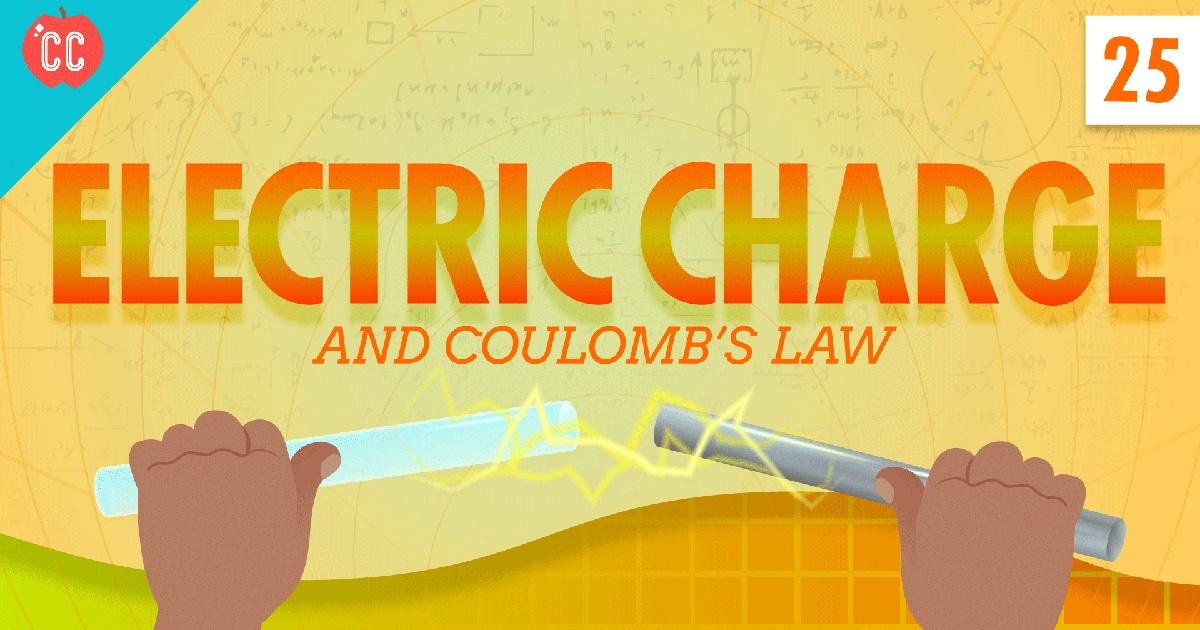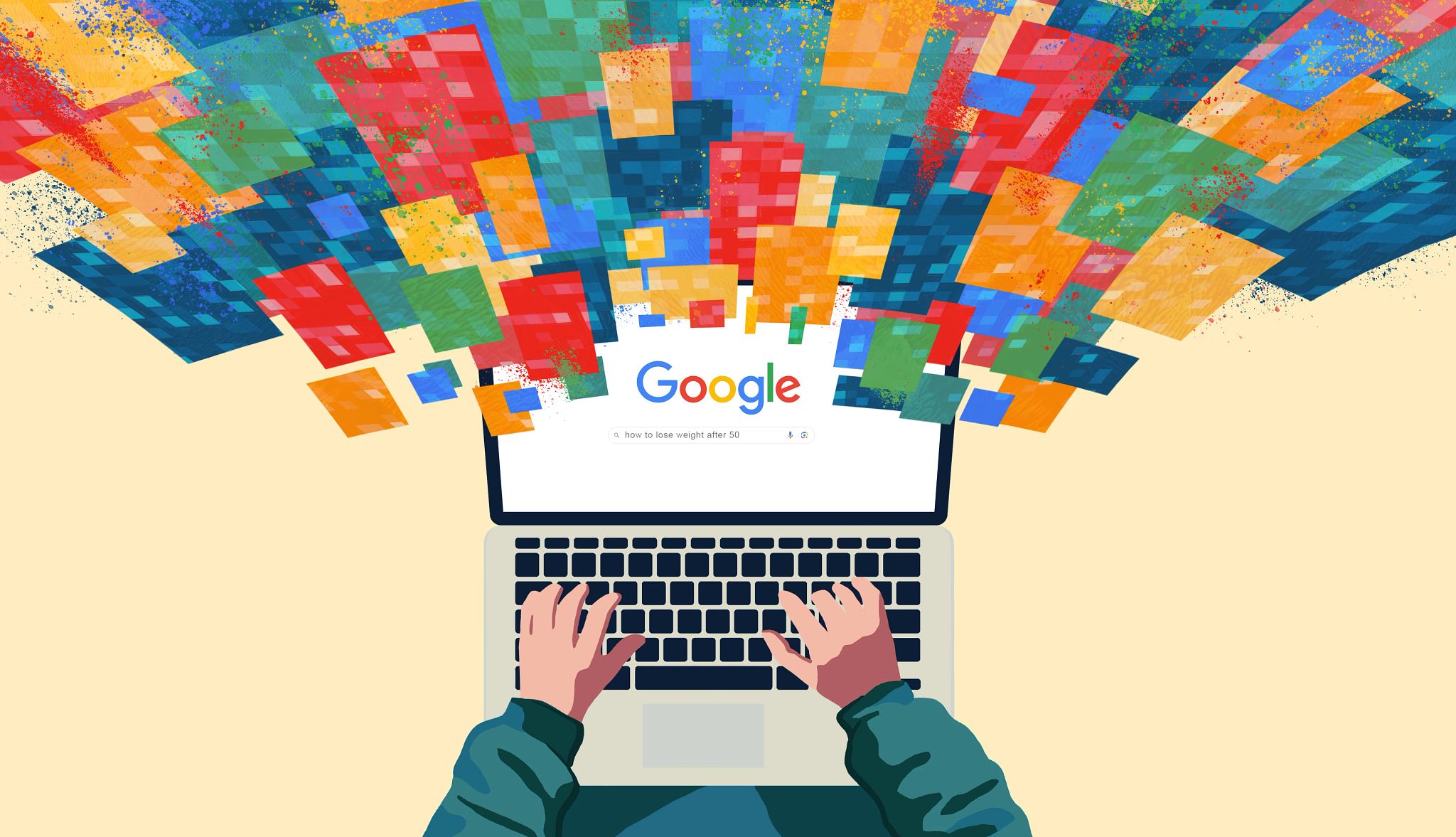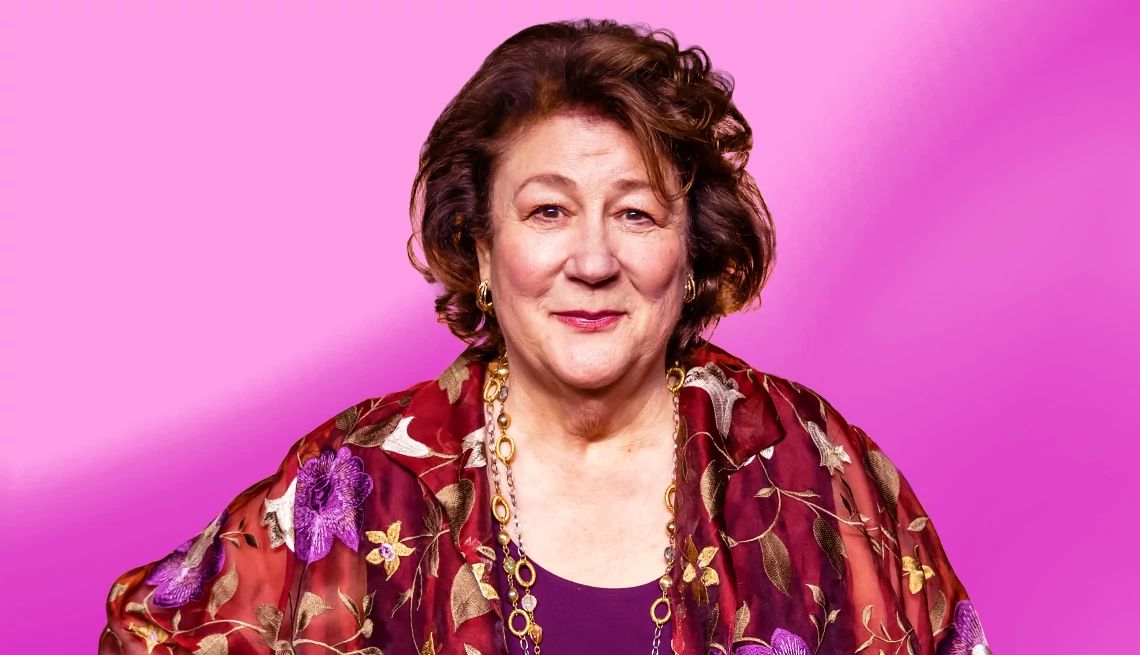
- Select a language for the TTS:
- UK English Female
- UK English Male
- US English Female
- US English Male
- Australian Female
- Australian Male
- Language selected: (auto detect) - EN
Play all audios:
I’ve been reading Michel Houllebecq’s _Atomised_. It’s a “this is the end of the West” novel, so it felt appropriate for this time. Houllebecq is also one of contemporary literature’s
strongest critics of modern liberalism. I wanted to know if he had any insights that would help us get through this difficult time and that might help to save Western civilisation. With God
dead, the grip of science and reason loosened, what does Houllebecq suggest we do? Actually he says, nothing can be done — we are in the grip of something bigger than all of us. In the
book’s prologue, Houllebecq writes: “Metaphysical mutations — that is to say radical, global transformations in the values to which the majority subscribe — are rare in the history of
humanity. The rise in Christianity might be cited as an example.” Then, he says, once a metaphysical mutation has arisen, it “tends to move inexorably towards its logical conclusion.
Heedlessly, it sweeps away economic and political systems, ethical considerations and social structures. No human agency can halt its progress — nothing, but another metaphysical mutation.”
Houllebecq cites as metaphysical mutations, the Roman empire, Christianity, the scientific revolution. This, at the start of the novel, predicts the ending. Wherever we are heading, “no
human agency” can halt it. There is no going back, only forward to whatever is to come. Do we agree with him? Firstly, what is the “metaphysical mutation” that is sweeping away the West and
its anchor in Judeo-Christianity, science, law, reason, and shared moral assumptions? According to Houllebecq, it’s the disintegration of traditional family structures. When these fall, all
else follows. This is a powerful insight. Erudite thinkers and “post-liberal” writers like to look for complex causes, not towards the humble hearth and home. According to Houllebecq, the
first part of the fall was, ironically, the “love match”. Once upon a time, young people settled grudgingly for the best match in the village. They had to “make it work” for better or for
worse. Wider family, community ties, traditions and expectations, helped. All did not rest upon one fragile, over-optimistic, bond. Children grew up within the traditions of the family, the
community, and the West, passed down through the generations. If a kid’s parents were dysfunctional, this wider safety net was there. But then suddenly, “young people in the 1950s . . .
waited impatiently to fall in love”. “As increasing urbanisation drained the countryside and village communities vanished, the possible candidates for a future spouse became almost infinite,
just as the choice itself became of utmost importance.” Meanwhile, mass-market entertainment from America flooded Europe — and the liberal press “embraced the ideals of the entertainment
industry: individual freedom, the supremacy of youth over age and the destruction of Judaeo-Christian values.” The young people who married their “true love”, moved into towns and cities far
removed from the support that helps things to go well. And then, as night follows day, the first generation to marry their “true love”, divorced them a few years later. Men and women
struggled through life alone. As for their children? Growing up unanchored, and inadequately loved, no granny to provide love when mum could not, they did not even begin to learn how to
anchor or to love. Never having set foot in a church as a child and felt its mystery and peace, how could they grasp faith as adults? Not steered towards the great traditions of the West,
how could they find them, let alone love them? From the unravelling of the family, all else follows. Things fall apart. Houllebecq’s two lead characters are half-brothers, both abandoned by
their mother, to be brought up by separate aging grandparents. Bruno becomes a libertine, and the book chronicles his never-ending participation in casual and group sex. He spends a week in
a holiday camp which, till the end fancies itself as bohemian. Really it’s just a garish mirror of the prevailing order. Aging hippies return year after year. Most of them married once,
divorced a few years later, now they grow old alone. “Women take tranquillisers, go to yoga classes, see a shrink . . . They try to trade on their looks, even when they know their bodies are
sad and ugly.” Older men come to leer at the young girls and settle reluctantly for casual sex with older women for whom their contempt is barely disguised. But Bruno actually meets someone
like him. Christiane is also divorced, with a dysfunctional relationship with a dysfunctional son. (When Bruno’s son comes to stay with him he “spent 15 hours a day watching television . .
. He and his father had nothing to say to one another . . .” Bruno knew that things would get worse, that they would move from mutual indifference to loathing.) Bruno slowly realises he
loves Christiane. They enjoy small quiet things together . . . But this is Houllebecq. So both of them only know what they know. They continue to go to sex clubs and orgies. One day
Christiane collapses inside a sex club. She becomes paralysed from waist down. When she comes out of hospital, Bruno invites her to live with him. In a Houllebecq-ian cruel twist, it is
Christiane who, with all the restraint and dignity of a modern feminist to the end, gives him the chance to back out. “Are you sure,” she asked softly. He hesitates for a couple of seconds
too long. “Then he hesitated a couple of days too long before calling her.” (As Eliot wrote: Between the idea, And the reality, Between the motion, And the act, Falls the Shadow.) Christiane
kills herself by throwing herself down a stairwell in her wheelchair. When he is still a teenager, the other half-brother, Michel actually meets a girl who is the last of a kind, brought up
in a happy conventional family. Aged 13, Annabelle has traditional hopes and dreams. “Somewhere in the world there was a boy she had never met, a boy who knew nothing about her, but with
whom she would spend the rest of her life. She would try to make him happy, and he would make her happy too.” She thought Michel would be that boy — but like his half-brother, Michel does
not know how to love . . . Many years later they meet again. She is 40, single, and has had two abortions. “Sometimes I get scared at night; sometimes I feel that I need a man around. I take
tranquillisers and sleeping pills, but they’re never really enough. I just want life to go by as quickly as possible.” Annabelle becomes pregnant not because Michel is loving, but because
he is willing. However, because this is Houllebecq: “In the midst of the suicide of the West, it is clear that they had no chance.” She ends up having her third abortion and uterine cancer.
She kills herself. Do we believe Houllebecq? Can we not go back and re-grasp all that is truly great? Why can’t we, like boats against the current, bear ourselves backwards into the past
and reclaim it? Why is this so often cast negatively as nostalgia? Certainly I have read no other book that is more likely to drive people back into the arms of family and community, or
through the doors of a church. Perhaps that is Houllebecq’s intent. I wish he would hint at it. The weakness in Houllebecq’s framing is its relentless negativity and human passivity. No one
can step outside their negative narrative, take a leap, act with courage. Why is it that “no human agency” can turn the tide of human history? Houllebecq only asserts this and it does not
convince. The author makes Bruno hesitate for too long . . . because he can . . . Rabbi Lord Jonathan Sacks wrote this: “One of the most important distinctions I have learned in the course
of reflection on Jewish history is the difference between optimism and hope. Optimism is the belief that things will get better. Hope is the belief that, together, we can make things better.
Optimism is a passive virtue, hope an active one. It takes no courage to be an optimist, but it takes a great deal of courage to have hope.” Houllebecq’s unravelling will come to pass if we
let it. But it won’t if we don’t. As Jonathan Sacks says, that starts with hope — and the courage and the activity that it implies. When I look around me, in these days of Covid-19, I see
it happening. Neighbours helping out neighbours. Communities and families coming together. Volunteer networks springing up. The doors of our churches, our libraries, our museums, have
closed. As soon as possible we need to throw them back open and turn on the lights. I think that what Houllebecq misses, is that when it gets darker outside, light shines more brightly. We
come closer together as we move back towards the light. I have read Houllebecq — so that you don’t have to. Do something more hopeful and helpful instead.






